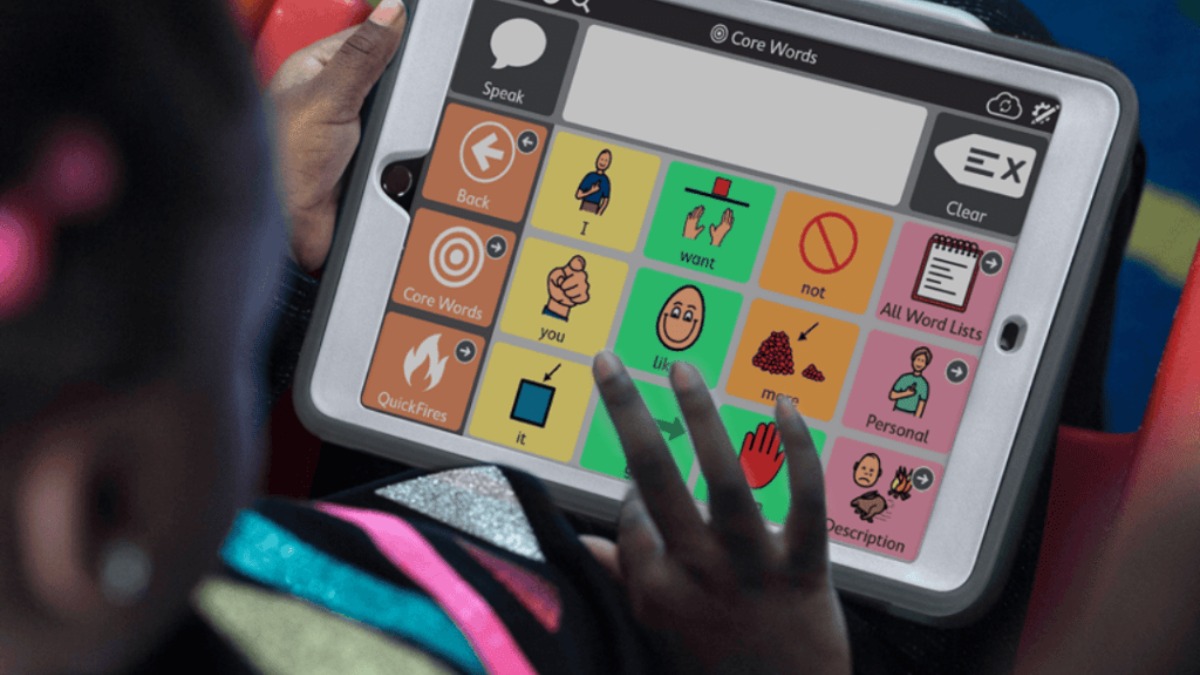The Parent’s Role in DIR/Floortime: Building Stronger Connections
February 21, 2025
Discover how parents play a vital role in DIR/Floortime therapy, fostering meaningful connections and supporting their child's development.
.jpg)
According to the CDC, 1 in 36 children is diagnosed with autism spectrum disorder (ASD), underscoring the urgent need for approaches like DIR/Floortime, which target developmental milestones through meaningful interactions. This model emphasizes the parent-child relationship, making parental participation central to its success. By understanding and embracing their role in DIR/Floortime, parents can build stronger emotional and developmental connections with their children.
What is the Parent’s Role in DIR/Floortime?
The parent’s role in DIR/Floortime is to actively engage in their child’s world, fostering emotional and developmental growth through intentional interactions. Unlike passive observation, parents participate directly by following their child's lead and supporting their unique developmental trajectory.
Parents serve as co-regulators and guides during play and everyday routines. They help their child process sensory experiences, regulate emotions, and navigate social interactions. This active involvement creates a foundation for trust and developmental progress. Parents also bridge the gap between therapy sessions by reinforcing strategies at home, ensuring consistency and continuity.
4 Steps to Fulfill the Parent’s Role in DIR/Floortime

When parents fully embrace these principles, the impact on their child's growth is profound, laying the groundwork for improved communication, social skills, and emotional regulation.
Why is Parental Involvement Critical in DIR/Floortime
Parental involvement is not optional—it’s essential. Children thrive when they feel supported by trusted caregivers who understand their needs. The DIR/Floortime model works best when parents become active participants in the therapeutic process. This is because parents have the most consistent presence in their child's life, allowing them to reinforce therapeutic goals.
3 Key Benefits of Active Parental Involvement:
- Strengthened Parent-Child Bond: Engaging in meaningful interactions fosters trust and emotional connection.
- Enhanced Developmental Progress: Consistent reinforcement of therapeutic strategies accelerates developmental milestones.
- Improved Social Skills: Regular practice in engaging with others helps children develop critical social competencies.
Parents also gain valuable insights into their child’s strengths, challenges, and sensory preferences. This knowledge empowers them to advocate for their child effectively, whether in educational settings or social environments. By embracing their role, parents become their child’s strongest ally in the journey of developmental growth.
How Can Parents Build Stronger Connections Through DIR/Floortime?
Building stronger connections requires intentionality and practice. DIR/Floortime emphasizes entering the child’s world, creating a safe space for exploration and emotional expression. This process strengthens the parent-child bond while addressing developmental challenges.
4 Strategies for Building Stronger Connections:
- Create a Safe Environment: Minimize distractions and provide a calming space where your child feels secure.
- Use Play as a Bridge: Play is the cornerstone of DIR/Floortime. Through play, parents can explore emotions, problem-solving, and communication with their child.
- Be Present: Focus fully on your child during DIR/Floortime sessions. Eliminate interruptions and let them feel they have your undivided attention.
- Embrace Flexibility: Adjust your approach based on your child’s responses. If they lose interest, try a different activity that aligns with their preferences.
By integrating these strategies, parents can help their child feel seen, heard, and understood. Over time, this fosters resilience, confidence, and a stronger parent-child relationship.
Common Challenges Parents Face in DIR/Floortime and How to Overcome Them
While the parent’s role in DIR/Floortime is transformative, it’s not without its challenges. Many parents feel unsure of how to implement the techniques or struggle with maintaining consistency.
3 Common Challenges:
- Feeling Overwhelmed: Balancing DIR/Floortime with daily responsibilities can feel daunting.
- Misinterpreting Signals: Parents may find it difficult to understand their child’s nonverbal cues.
- Frustration During Progress Plateaus: Developmental progress is not always linear, which can be discouraging.
How to Overcome These Challenges:
- Seek Support: Work closely with therapists to refine your approach and gain confidence.
- Practice Patience: Recognize that progress takes time and celebrate small victories along the way.
- Join a Community: Connect with other parents who practice DIR/Floortime to share experiences and solutions.
By addressing these challenges proactively, parents can stay committed to the process and create lasting benefits for their child.
Invest in Your Child’s Growth with DIR/Floortime
At WonDIRfulPlay, we understand the profound impact parents have on their child’s developmental journey. That’s why we specialize in DIR/Floortime therapy, empowering families across New Jersey to build meaningful connections through play. Our team is here to guide you every step of the way, providing personalized strategies tailored to your child’s unique needs.
Take the next step in your child’s growth. Contact us today to learn more about how DIR/Floortime therapy can transform your family’s journey. Let’s work together to create stronger connections and brighter futures!
Recent articles













.jpg)


.jpg)






.jpg)











.jpg)

.jpg)
.jpg)
.jpg)



.jpg)
.jpg)
.jpg)

.jpg)
.jpg)

.jpg)



.jpg)


.jpg)
%20(1).jpg)

.jpg)






.jpeg)









.jpg)
.jpg)
.jpg)
.jpg)
.jpg)


.jpg)
.jpg)
.jpg)
.jpg)
.jpg)
.jpg)
.jpg)
.jpg)
.jpg)
.jpg)
.jpg)
.jpg)
.jpg)
.jpg)
.jpg)
.jpg)
.jpg)
.jpg)
.jpg)
